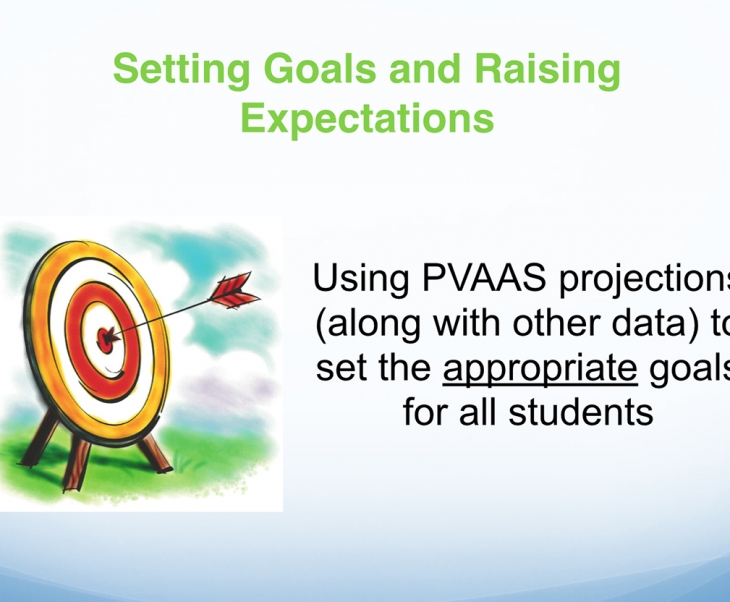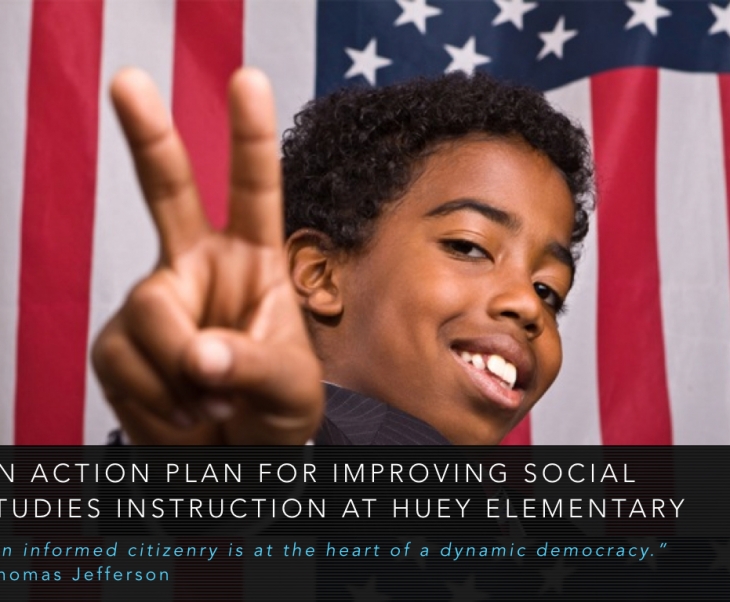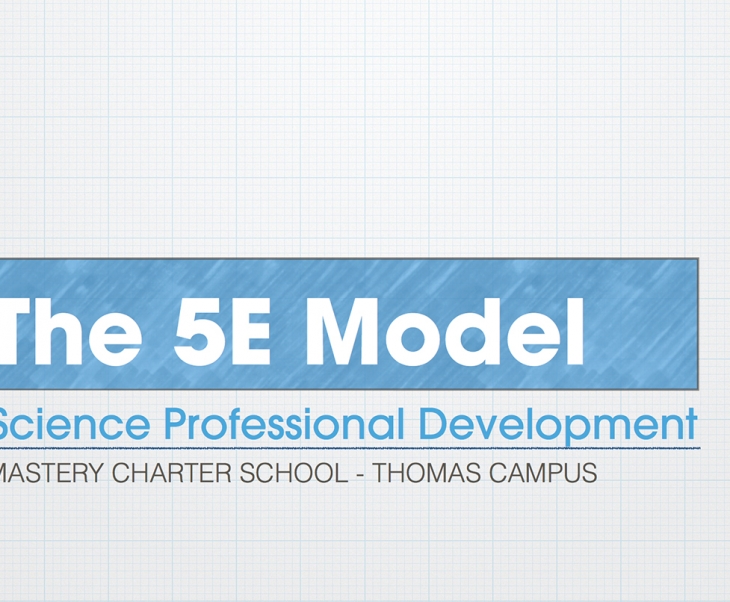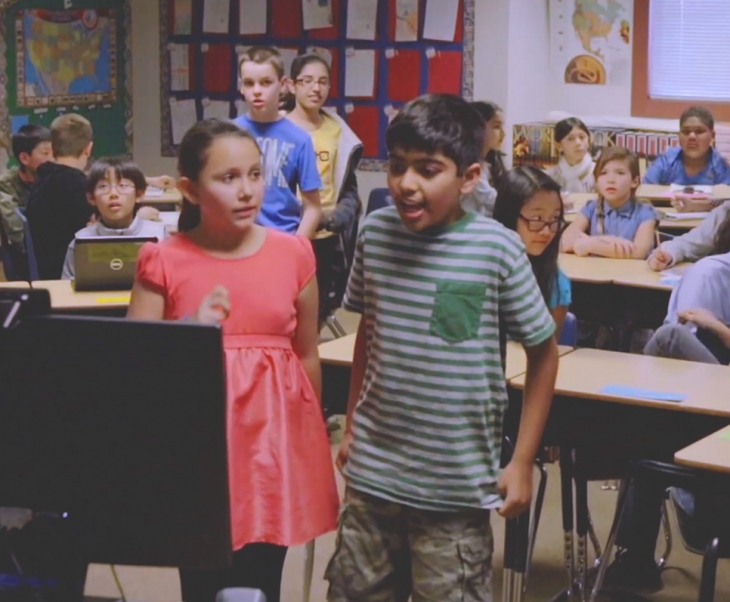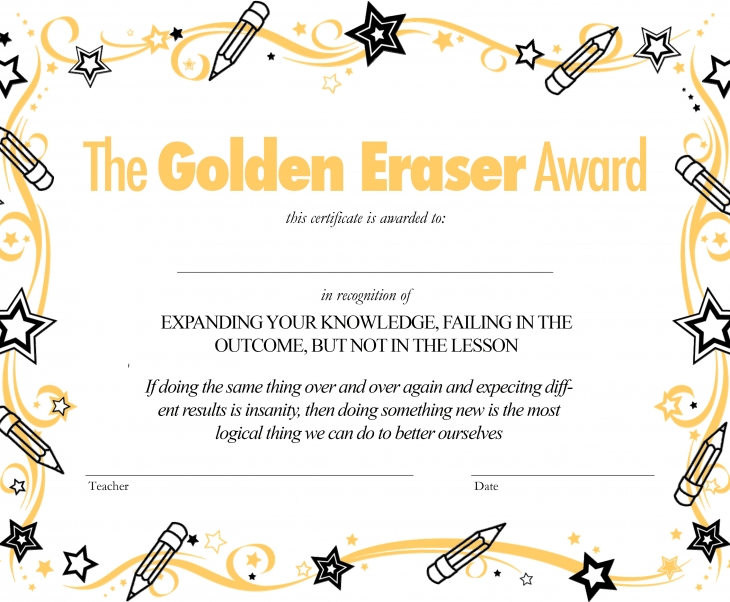
How can I devise a framework of leadership to foster a culture that promotes ongoing learning in all stakeholders within the school community?
Intelligent leaders understand that trust in one another is not simply a part of personal relationships, but the most powerful hand that guides schools forward in their mission when the inevitable challenges arise. School leaders must be trustworthy in order for others to allow their careers, well-being, and children to be affected by them. Trust is rarely inherent and always fragile. One breach of trust and a school’s progress can become crippled by fear and doubt.
A school’s members will commit to action, even action they may not agree with, if they trust the motives and mission that a leader espouses. It is a construct that takes devoted time to build and only survives by a leader acting with repeated integrity and consistency. Solomon and Flores (2001) note that leaders must “walk the talk” to be seen this way. I believe when we do this, others will walk with us.
Leaders are thought of as persons who guide organizations in finding solutions to problems. However, there is an equally favorable skill leaders need to be adept at, that of problem finder. Creating schools of continual learning require that they search through the thicket of a school’s operations to find the hidden barriers to student success and organizational unity. Costa and Kallick (2000) label this skill, questioning and posing questions, a habit of mind that effective leaders employ.
Intelligent leaders who make use of this inquisitive view of schools must model this outlook by ensuring all areas of improvement rely on data and scholarship while still accounting for context to frame the discussion. Data and scholarship remain a necessary means to an end, a conversation starter that continually informs decisions in school improvement through an inquiry stance.
Pink (2009) states that humans are most motivated to learn, to extend their capacity and self-actualize, when they can be self-determined and connected to one another. School leaders, in efforts to maximize the potential of their staff and increase the school efficacy, need to create structures that support this. Distributing leadership among qualified teacher leaders and supporting professional learning communities helps do this. I believe teachers are more invested when they can be part of a movement greater than themselves that they have a part in creating.
Distributing leadership and decsion-making obliges school leaders to involve others who live beyond a schools’ physical walls in the conversation. There is a responsibility to guide schools in a democratic fashion. This means involving the appropriate stakeholders in school decisions, and listening to all voices wishing to be heard, no matter how small they may be.
We cannot halt change. Therefore it is incumbent upon leaders to set a culture that embraces change to adhere to the organization’s goals. In doing this, leaders need to recognize and tend to the complex emotions that organizational change brings to others. Evans (1996) likens change to personal loss. It takes away those things that we derive personal meaning and comfort out of.
Strong leaders must balance the dual roles of supporting school community members who grapple with the complexities of change, while simultaneously building a new understanding for what is forthcoming. How school leaders deal with this complexity, and the associated implementation dip in desired outcomes that will undoubtedly arise, will predicate the success of future transformations.
Oftentimes humans become entrapped in the snares of “I can’t.” In school environments, this mindset morphs into “we can’t” and then quite dangerously, in reference to students, “they can’t.” These beliefs are usually rooted in what is, not what can be. Leaders are compelled to move their school’s outlook squarely on the possibilities of what can be achieved.
The idea of going beyond our limitations is related to what Dweck (2006) labels a growth mindset over a fixed mindset – about believing our abilities can be developed and are not limited by biology. For school leaders, it means we look to create a culture within a school that champions the process of learning, rewarding the effort, over practicing what we are already competent in.
As humans age, we grow more confident in our decisions, but that should not preclude the absence of reflection upon our actions. Leaders of all organizations are compelled to recognize the necessity of reflection in the learning process and engage themselves in practices that examine their actions and decisions. It is through reflection and communal feedback that we recognize where we have fallen short and where we can improve in the future. School leaders who recognize this build structures in schools that promote reflective practices that study organizational decisions. Like all leader actions, this is not something to be done to teachers, but with teachers, buttressed by a leader openly reflecting upon their own actions. When others see leaders as humans with mistakes, their trust increases and the organizational capacity increases.
The are countless schools led by competent leaders who can manage and produce results. Within this group though, there lies a subset of people who can change more than test scores. They change lives. They are able to affect others so deeply because they possess the ability to empathize.
Leaders who empathize possess what Goleman (1994) calls a high emotional Intelligence. They possess an uncanny ability to be aware of their own and other’s emotions. They consistently realize situations as they affect others and make personal connections in order to understand others in the school community. School leaders who are empathetic naturally hire other who share this trait. Over time the school community’s capacity to look after one another, to understand each other is increased ,and a culture of care and commitment to ongoing education that transforms lives takes root.
-Benjamin Franklin


